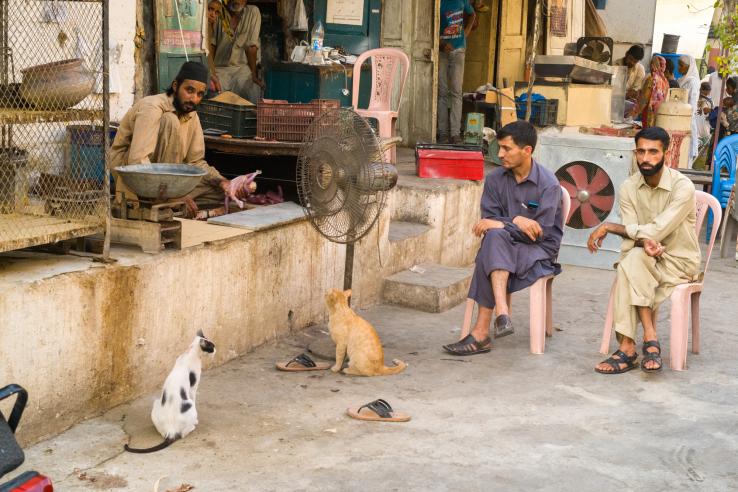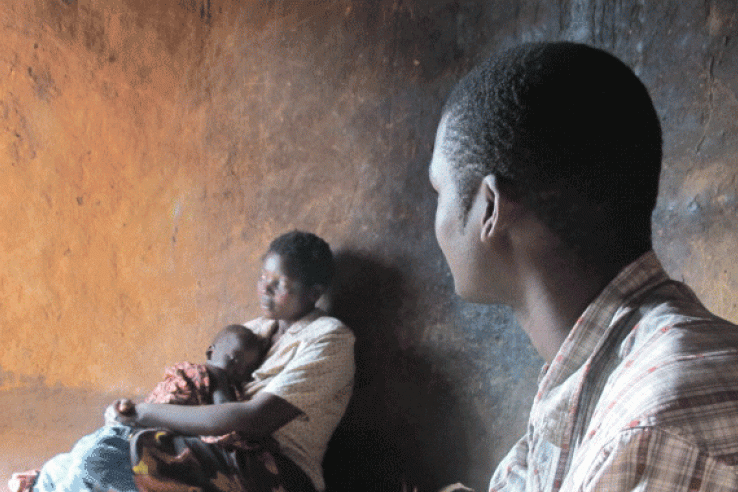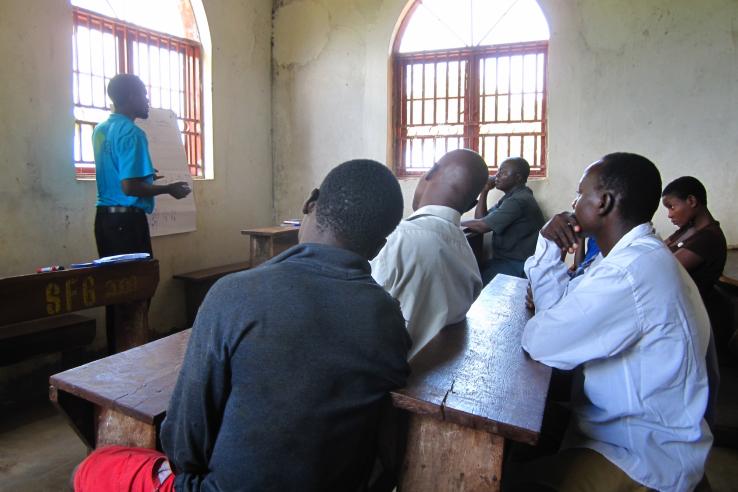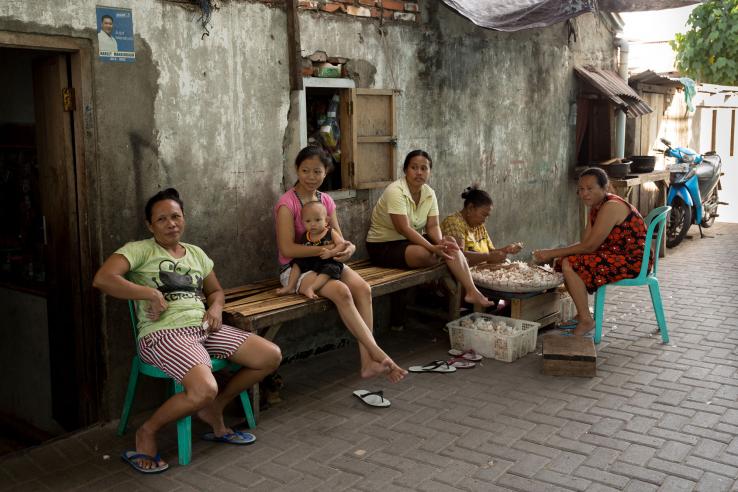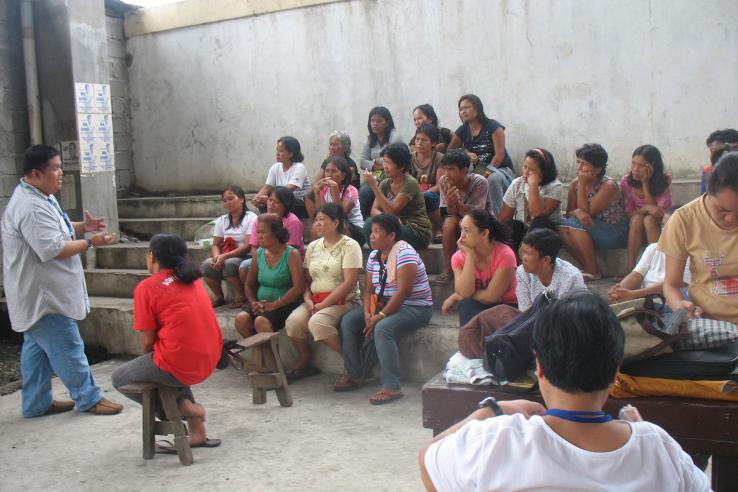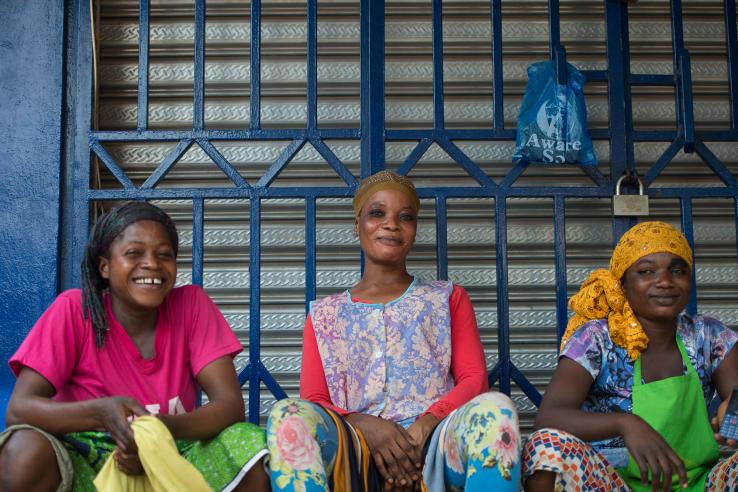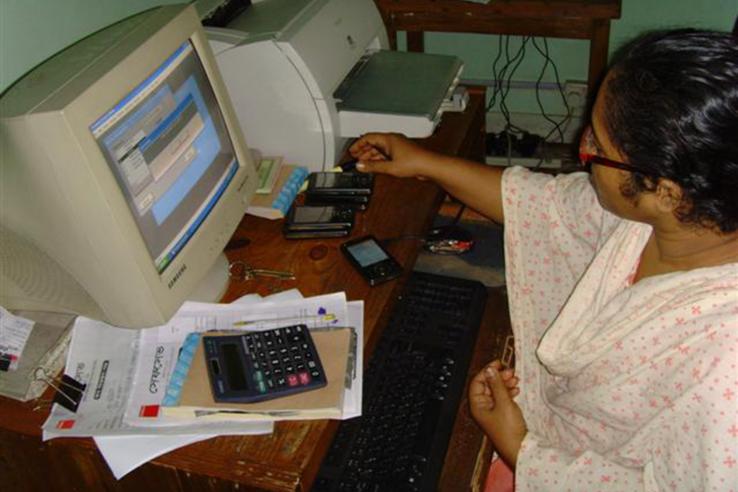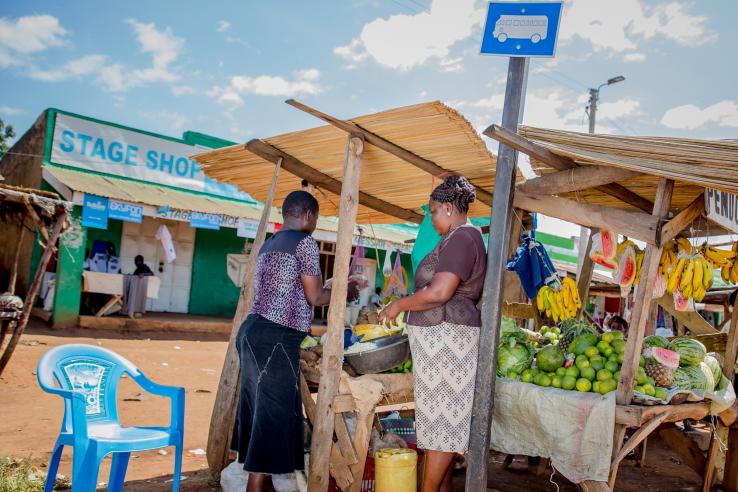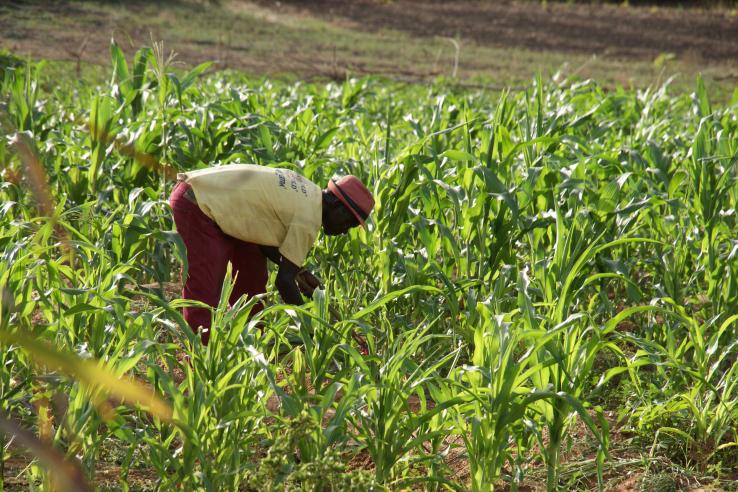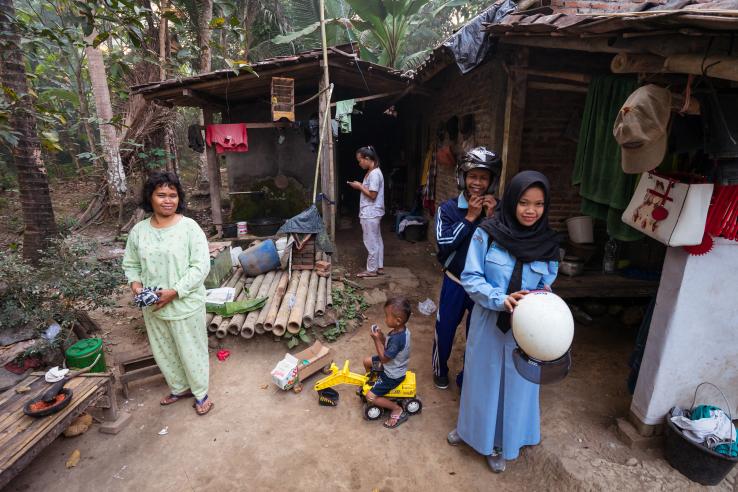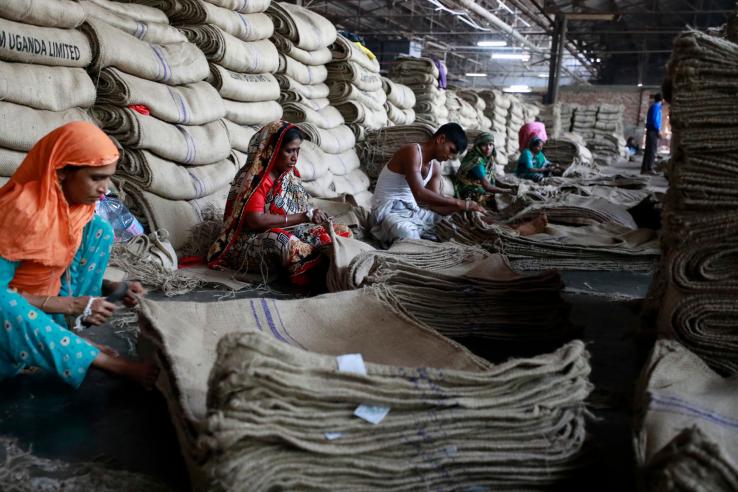Displaying 811 - 825 of 1291
Evaluation
Mental health, well-being, and lasting economic outcomes are intimately connected, and in conflict-affected areas, entrepreneurs of small- and medium-sized enterprises (SME) experience chronic stress and poor mental health on a regular basis. Researchers evaluated the effects of supplementing a cash grants program with a five-week group cognitive behavioral training (CBT) program on depression, anxiety, and well-being among SME entrepreneurs in conflict-affected areas of Pakistan.
Evaluation
Researchers evaluated an information campaign in rural Malawi to examine the impact of providing information about voluntary medical male circumcision and HIV transmission risk on beliefs and sexual behavior. The program reduced risky sexual behavior among uncircumcised men, but did not increase take-up of circumcision.
Evaluation
Research has shown that HIV/AIDS impacts not only the health of infected individuals, but also their financial security, and the financial security of their households, often aggravating existing poverty. Researchers will introduce unconditional cash grants, coupled with financial planning sessions, to people living with HIV/AIDS to evaluate the impact on the health and financial security outcomes of participants.
Evaluation
Working with a large bank in Indonesia that markets platinum credit cards to high-income customers, researchers designed a series of randomized evaluations to understand the demand for status goods. Overall, researchers found that a substantial part of the demand for the platinum card is explained by the desire to own the prestigious card itself, beyond the tangible benefits and services it comes with.
Evaluation
Researchers examined the informational, behavioral, and monetary drivers behind takeup of residential energy efficiency audits and subsequent investments in Wisconsin. While receipt of promotional letters and subsidies did induce higher rates of audit participation, overall takeup and investment in energy efficient home solutions remained low and realized energy savings fell short of predicted models.
Evaluation
Researchers conducted a randomized evaluation to study the impact of elite capture in a conditional cash transfer program in Indonesia. Elite capture existed in some programs, but the welfare losses created were small, suggesting that improving administrative capabilities in targeting methods might be more effective in enhancing social assistance programs than focusing on elite capture.
Evaluation
Researchers are testing whether giving vendors money to pay off their outstanding debts or offering financial literacy trainings can help break these borrowers' cycles of debt.
Evaluation
Researchers partnered with Cooperative for Assistance and Relief Everywhere (CARE) to evaluate the impact of VSLAs on rural households. The promotion of these groups led to an improvement in financial inclusion for participants—including, substantial increases in savings and receiving a loan. However, researchers did not find evidence of impacts on average consumption, business outcomes, women’s empowerment, or other welfare outcomes.
Evaluation
Researchers partnered with a commercial bank in India to study the effect of paying loan officers according to the performance of their loans on the quality of their lending decisions. Loan officers working under this incentive scheme exerted greater screening effort, approved fewer loans, and increased their average profit per loan. An alternative incentive scheme which rewarded loan volume rather than quality had opposite effects.
Evaluation
Researchers conducted a randomized evaluation to test the impact of two different types of business training—formal business classes and mentorship from a successful entrepreneur in the same industry—on female entrepreneurs’ profits and use of new business practices in Kenya. They found that inexperienced female microenterprise owners benefited from mentorship, leading to increased short-term profits, though these effects faded after mentorship ended. Meanwhile, despite observing changes in business practices, they found that the traditional classroom training had no effect on profits.
Evaluation
Researchers in Ghana introduced financial literacy training and crop price insurance to determine their impact on farmers' willingness to take out loans and make long-term investments. Results show that farmers who received the training and insurance were only slightly more likely to borrow and make investments. However, these limited impacts may be in part due to small sample size and high take-up of loans in the comparison group.
Evaluation
Researchers partnered with the Government of Indonesia to conduct a randomized evaluation that tested whether adding questions on flat-screen televisions and cellphone SIM cards to a targeting census would change people’s reporting and actual purchases of those items. The findings suggest that while targeting may cause people to misreport what they own in the short term for some goods, it is unlikely to change people’s decisions about whether to actually purchase those items.
Evaluation
In Chile, researchers conducted a randomized evaluation to measure the effect of providing free after-school care on women’s labor market outcomes. The program increased women’s labor force participation and employment, and increased the use of daycare for young children who were ineligible for the program, suggesting that women need childcare for all of their children in order to join the labor market.
Evaluation
Researchers are evaluating the demand for a commitment savings product among garment workers and evaluating whether employer influence and expected feedback to employers impacts sign-up decisions.
